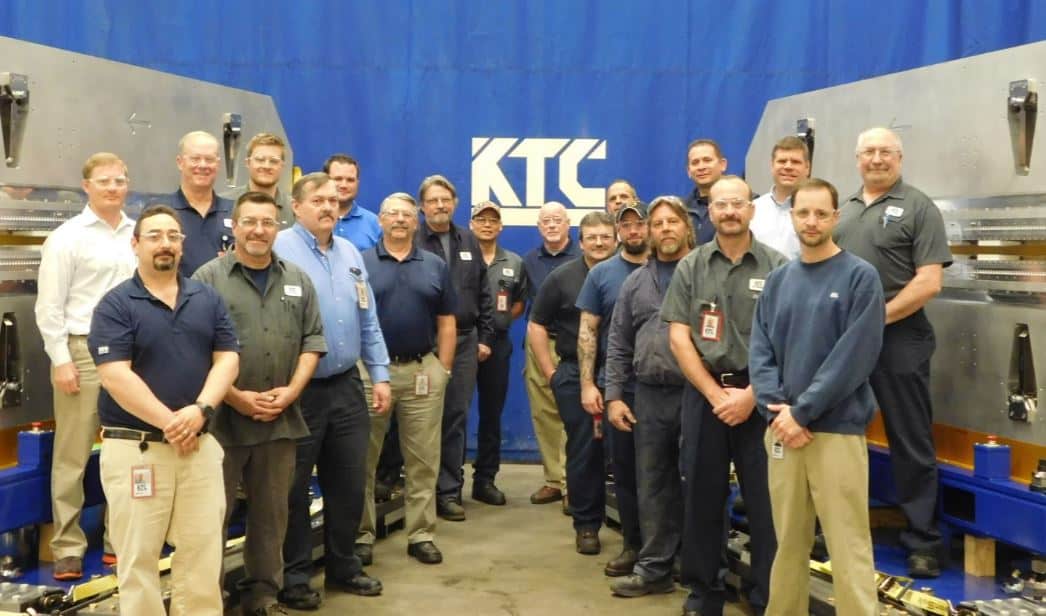- Keller selected to produce electro-mechanical instruments for SLAC National Accelerator Center’s Linac Coherent Light Source II (LCLS-II) Free Electron Laser program.
- Keller’s responsibility includes the production manufacturing of the soft X-ray undulators, as well as a large portion of the hard X-ray undulators.
- Their function is to undulate the electron beam produced by the linac with permanent magnets in order to create coherent X-ray band light.

Keller Technology Corporation was selected by Lawrence Berkeley National Lab to produce sophisticated electro-mechanical instruments for SLAC National Accelerator Center’s Linac Coherent Light Source II (LCLS-II) Free Electron Laser program.
The LCLS-II program involves upgrading SLAC’s existing linear accelerator to superconducting linac technology, as well as replacing the undulators built during the original LCLS program. A new electron injector source is also part of LCLS-II’s scope. The result will be the world’s most advanced free electron laser (FEL) light source.
Keller’s responsibility includes the production manufacturing of the soft X-ray undulators, as well as a large portion of the hard X-ray undulators. According to Berkeley Lab’s ATAP News, all work on the pre-production soft X-ray (SXR) undulator has been completed and delivered to SLAC for long-term testing. The devices arrived at Berkeley Lab in Menlo Park, CA, after a cross-country journey from Keller Technology’s Buffalo, NY, facility.
Undulators are precision electro-mechanical devices. Their function is to undulate the electron beam produced by the linac with permanent magnets in order to create coherent X-ray band light. There will be two undulator arrays: one to produce soft X-rays and the other to produce hard X-rays. The light produced will be directed down several beamlines and utilized for a broad array of scientific applications including chemistry, materials science, biology and energy research.
The LCLS-II undulator program is an excellent fit for Keller’s vertically-integrated capabilities, which include precision welding/fabrication, five-axis machining, assembly, integration, metrology and testing. Keller has the facilities, equipment and supply chain to support the mass production of large, complex and precise electro-mechanical devices, machinery and systems. Keller is proud to partner with the DOE’s national labs to advance science and contribute to the development of transformative technologies.
